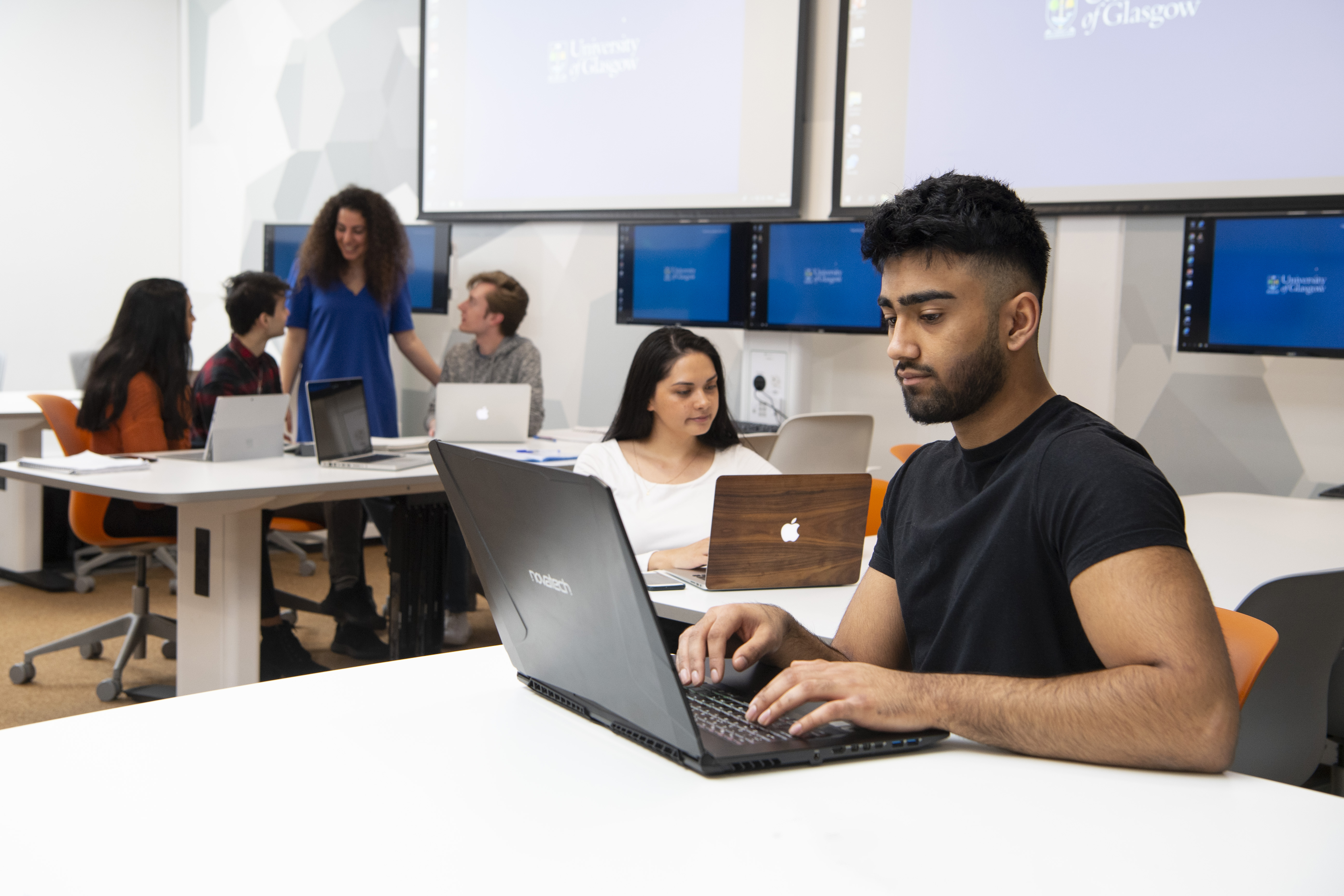
The World Economic Forum describes our world as an “unsettled world.” Extreme weather, human-made environmental disasters, water crises, cyberattacks, infectious diseases, interstate conflicts — these are just some of the uncertainties with the highest impact listed in its “Global Risks Report 2020: 15th Edition.”
Any aspiring business leader needs to consider the above as the full range of sustainability challenges we face today. It’s more than just a singular focus on the environment — sustainability needs to be interpreted from other risk categories too: geopolitical, societal, technological and economic. In 2020, these sustainable visionaries will be the ones to not let the coronavirus crisis go to waste — and see it as an impetus to switch to clean energy, electric cars, regenerative travel, “deep green” buildings, and more.
In line with these demands, the UN Global Compact has set up a community specifically for business schools called Principles for Responsible Management Education (PRME), a global movement transforming education. This community outlines what business schools should be teaching and how they should work towards integrating sustainability across curriculums. Today, they have over 800 signatories worldwide.
As more companies go green, they will need talent who have a clear understanding of the processes and objectives of sustainable business. With the right qualification, students can develop the necessary traits to become sustainable leaders for this generation and the ones to come. Here are four universities that embrace the importance of sustainability in business:
Wageningen University & Research
The mission of Wageningen University & Research in the Netherlands is “to explore the potential of nature to improve the quality of life.” It is an institution that focuses specifically on healthy food and the living environment, with strong agricultural roots. These are the features that lend an edge to its two-year MSc in Management, Economics, and Consumer Studies.

Source: Wageningen University
The programme teaches learners to analyse the interrelationships between producers, supply chains, consumers, and society at large. Through this postgraduate programme, students will have the opportunity to explore managerial, economic, sociological and environmental aspects of households and businesses. There are four specialisations to choose from that go hand-in-hand with your personal interests and goals: Business Studies, Consumer Studies, Economics and Governance and Management in Life Sciences.
This master’s programme is the only one of its kind, with a focus on economic actors and the economy as a whole in combination with nature and environment, sustainable development, governance and policy, agrifood and logistics. The career options for graduates of this programme are many and varied, as are their opportunities to make an impact with their work. One of the many companies that are proud to be employers of Wageningen graduates is Dutch chocolate maker Tony’s Chocolonely. Not only does this company produce incredibly tasty chocolates, it also goes to great lengths to be sustainable – environmentally and socially – as well as 100% slave-free. It’s the perfect reflection of the niche edge a Wageningen degree holds in today’s world: an education that inspires students to be tomorrow’s sustainability leaders.
University of Glasgow
Every year, the University of Glasgow’s Adam Smith Business School welcomes students from all over the world to partake in their high-quality teachings of accounting and finance, business and management and economics. The school strongly signals their commitment to promoting sustainability and responsible management through their teachings, research and practice. These commitments are evident through the school’s status as an advanced PRME signatory.

Source: University of Glasgow
Among its alumni is the father of economics, Adam Smith. The business school was named in his honour and through its teachings, they aim to follow in his legacy. They execute this by developing enlightened, engaged and enterprising graduates who go on to gain international recognition, making a positive impact on culture and society.
The school holds the triple crown of accreditation by the Association to Advance Collegiate Schools of Business (AACSB International), the European Quality Improvement System (EQUIS) and the Association of MBAs (AMBA) for their MBA programme. Furthermore, it is home to research that is internationally and nationally excellent, contributing to theoretical advancements and real-world breakthroughs.
Stockholm School of Economics
At the Stockholm School of Economics (SSE), world-class education is combined with a unique business community that serves as an academic hub for ambitious students and researchers worldwide.Located in Sweden, SSE is one of Europe’s leading business schools, internationally recognised in the Financial Times Business Education Rankings. The school is ranked 25th for its Executive Open Programmes, 19th for its Master in Finance programme and seventh for its Master in Management programme. With rankings like these and accreditation from the prestigious European Quality Improvement System since 1999, all of SSE’s programmes and research have demonstrated excellence at an international level.

Source: Stockholm School of Economics
In 2013, the school signed up to be a part of the UN PRME movement, to further strengthen and highlight its commitment to the process of integrating ethics, responsibility and sustainable development into all educational programmes. Programmes here convert knowledge from these seven departments into multidisciplinary entrepreneurial projects that make a difference: accounting, economics, finance, law and languages, management and organisation, marketing and strategy and entrepreneurship, innovation and technology.
Mannheim Business School
Mannheim Business School is Germany’s leading business school. Together with the University of Mannheim, they offer students the opportunity to achieve their management education goals, through a wide range of programmes. For senior managers and executives, there are part-time MBA programmes that enhance existing knowledge. For young professionals, there are full-time MBA programmes that set the right foundation.

Source: Shutterstock
Through these programmes, students get involved in the school’s dedicated efforts to social responsibility by participating in a social project at some point in their curriculum. Roughly 15 social projects are implemented by groups of participants from the school, generally in collaboration with organisations in the Rhine-Neckar Metropolitan Region.
These social projects focus on collecting donations of up to 100,000 euros for charitable purposes as well as spur learners to become involved, take responsibility and increase their awareness of societal and environmental issues. It is truly a place that will give international students the opportunity to gain further insights into the most well-meaning of German society and culture.
*Some of the institutions featured in this article are commercial partners of Study International
Like this? Then you’ll love…
What to study: Sustainable business
Discover the changing face of the business school experience







